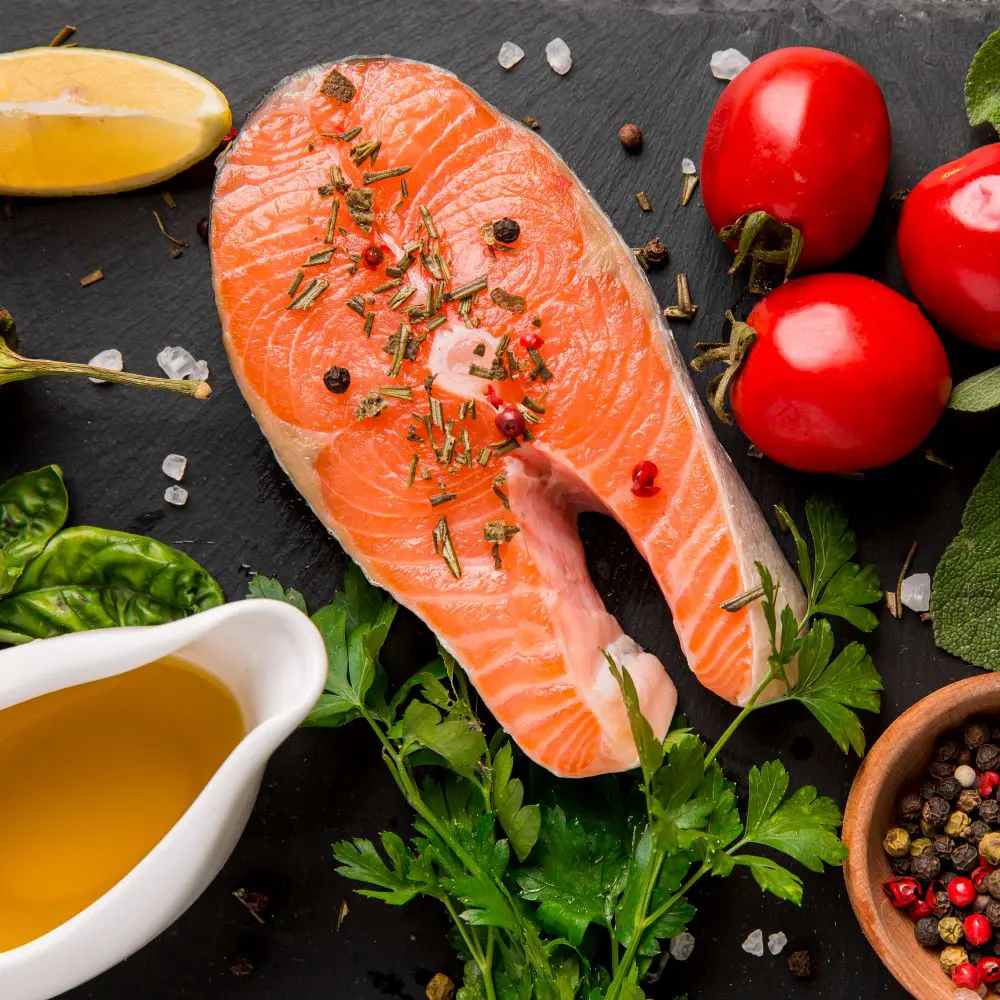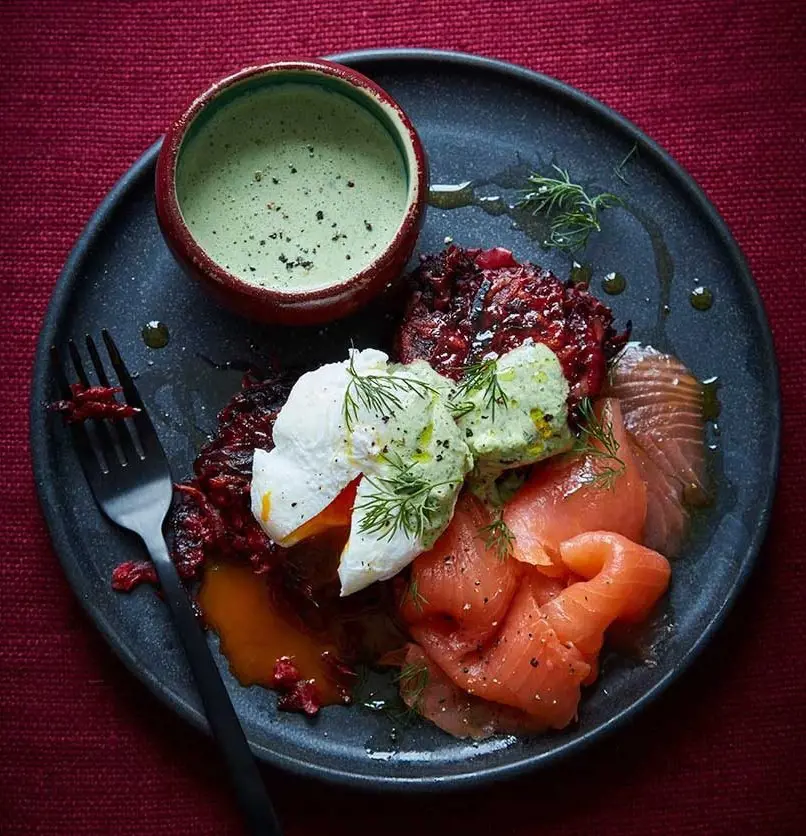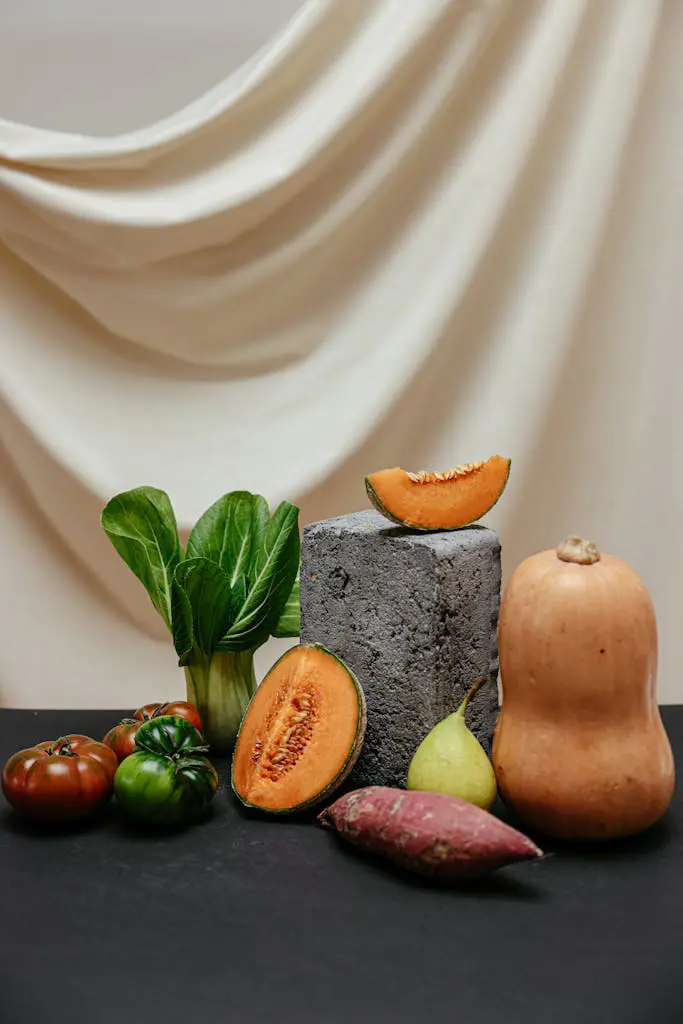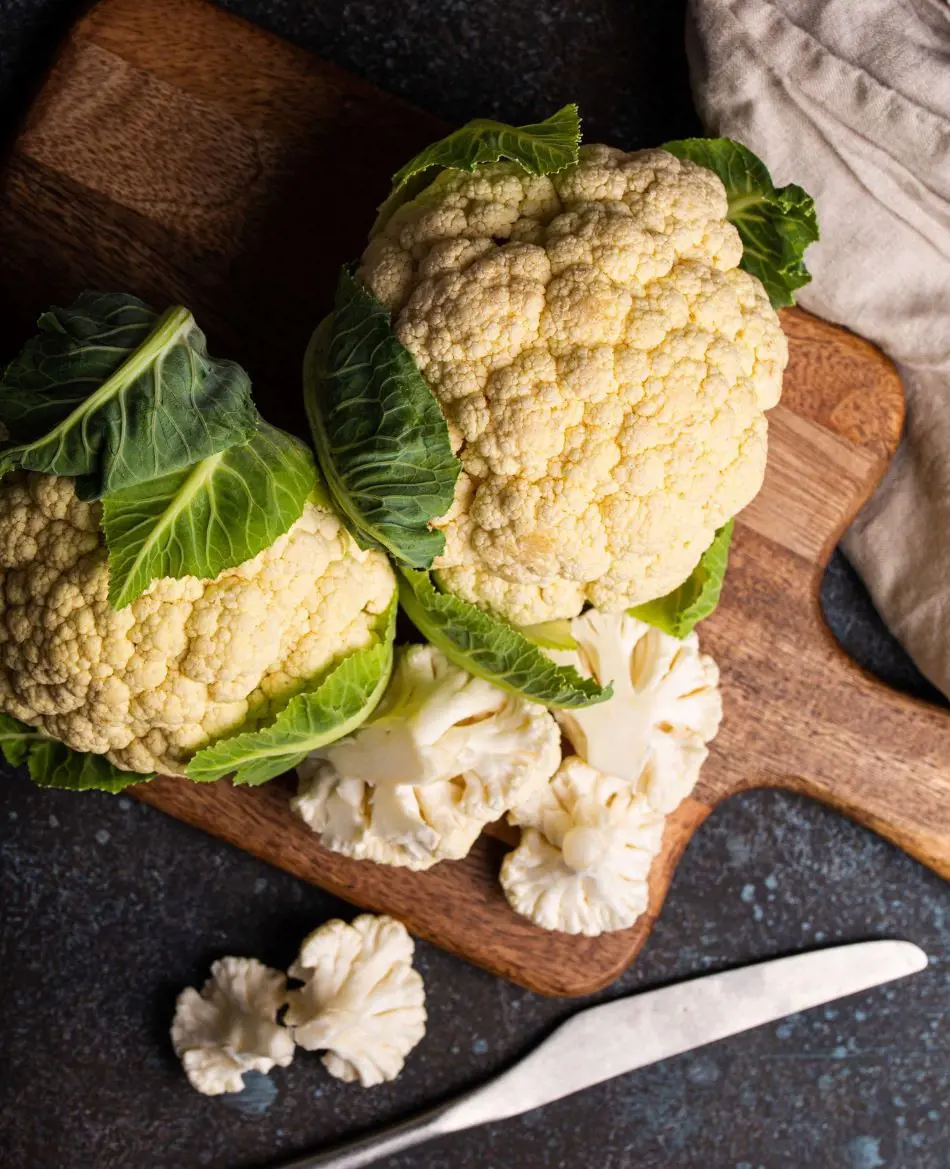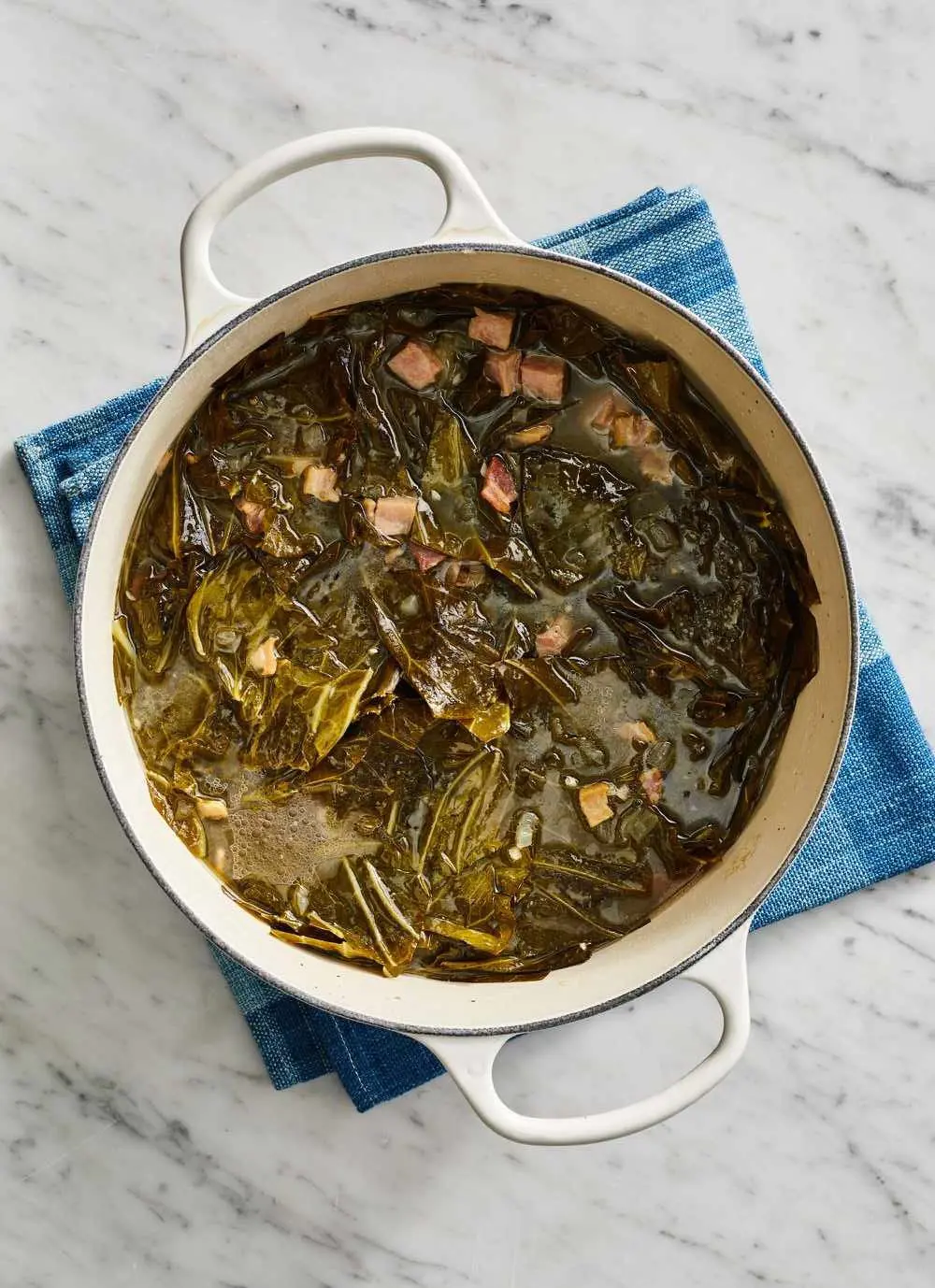GERD Diet Foods To Help Reduce Acid Reflux
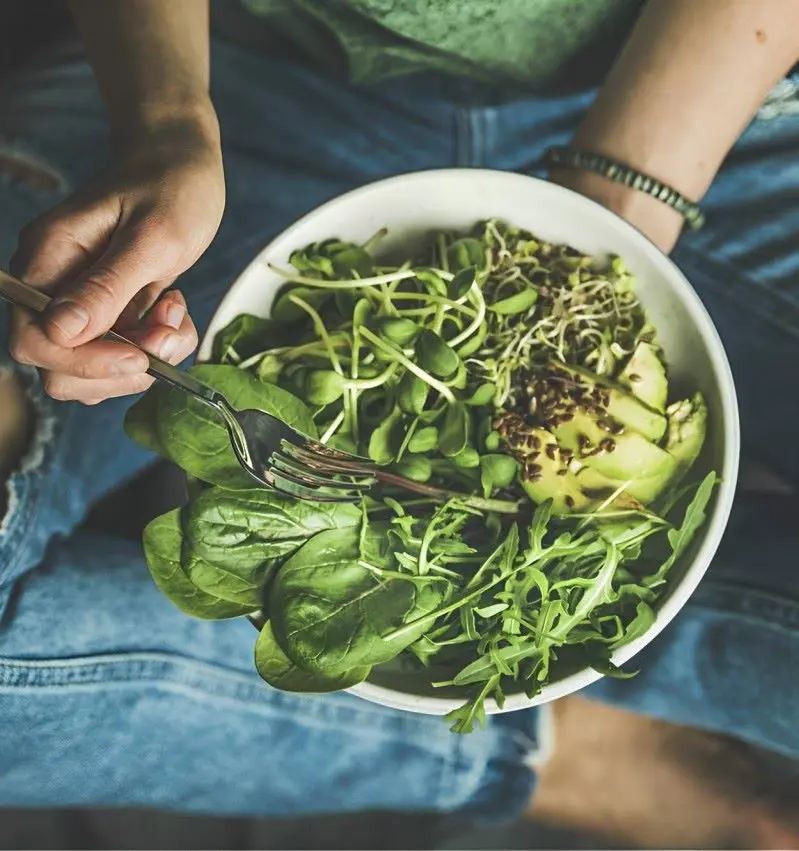
Dealing with acid reflux can be a real pain, both literally and figuratively. The constant burning sensation, the sour taste in your mouth, the disruptive burping, it's enough to make anyone miserable. But did you know that certain foods can actually help soothe your symptoms and provide relief? Enter the GERD-friendly diet.
This specialized way of eating focuses on incorporating ingredients that are gentle on the digestive system, reducing the likelihood of that pesky stomach acid creeping back up.
By making a few smart swaps in your meals, you can manage your reflux and enjoy food without the side effects. Let's explore the tasty world of GERD diet foods that can help you say goodbye to acid reflux.
What Is GERD Diet?
Before diving into the dietary recommendations, let's briefly understand what GERD is. Gerd is a chronic condition where stomach acid frequently flows back into the esophagus, causing symptoms like heartburn, difficulty swallowing, and a sore throat.
Over time, untreated GERD can lead to more serious complications like Barrett's esophagus, which increases the risk of esophageal cancer.
Similarly, lifestyle changes, particularly diet modifications, can play a significant role in managing these symptoms. Here you can see the list of some foods that help reduce acid reflux. So, let's delve into them:
1. Oatmeal
Oatmeal is a great breakfast option for those with acid reflux. It is high in fiber, which can help absorb stomach acid and reduce the likelihood of acid reflux. The soluble fiber in oatmeal forms a protective layer in the stomach, making it less likely for stomach acid to flow back up into the esophagus, which is the primary cause of GERD symptoms like heartburn and regurgitation.
Additionally, oatmeal is whole grain, which means it is rich in nutrients and can help maintain a healthy digestive system. This makes it a suitable food for people with GERD, as it can help manage symptoms and prevent further complications.
2. Bananas

A sweet fruit that is easy to digest and not too acidic. Unlike highly acidic citrus fruits, bananas have a low acid content, which means they are less likely to irritate the esophageal lining and trigger painful heartburn.
Further, bananas are a good source of fiber, which can help absorb excess stomach acid and keep it from flowing back up. The potassium in bananas also helps neutralize stomach acid.
So, by incorporating ripe, spotty bananas into your diet, you can soothe your GERD symptoms and prevent further acid reflux episodes. It's a simple, natural way to find relief.
3. Melons
Melons like cantaloupe, honeydew, and watermelon are excellent GERD-friendly foods that can help reduce acid reflux. These juicy fruits are naturally low in acidity, with a pH of around 6.1, making them gentle on the stomach. Similar to bananas, melons are also less likely to irritate the esophageal lining and trigger painful heartburn.
Plus, the high water content in melons can help dilute stomach acid and prevent it from backing up. Thus, incorporating these refreshing, non-acidic fruits into your diet is a simple and tasty way to find relief from GERD symptoms.
4. Apples
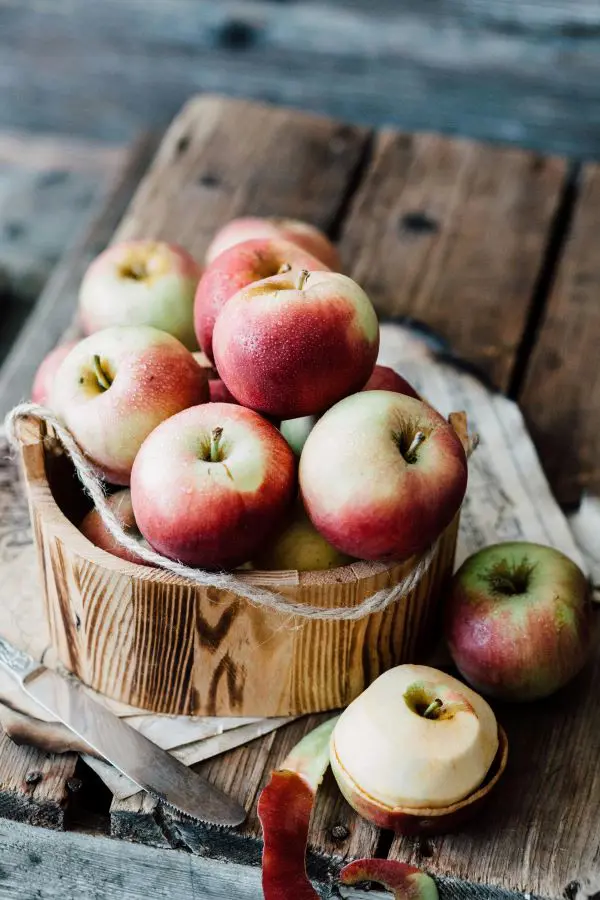
Besides low-acid fruits, apples have a pH of around 4, making them gentle on the stomach. The pectin fiber in apples can also help absorb excess stomach acid, preventing it from flowing back up into the esophagus.
Also, apples contain natural antioxidants that may help soothe inflammation in the digestive tract. For people with GERD, incorporating crisp, juicy apples into the diet can be an effective way to find relief from acid reflux without aggravating symptoms. The naturally sweet and crunchy texture of apples also makes them a satisfying, GERD-friendly snack option.
5. Pears
An excellent addition to a GERD-friendly diet, pears have a mild pH of around 5.5-6.5, making them gentle on the sensitive esophageal lining. The high water content in pears also helps dilute stomach acid, preventing it from flowing back up and causing painful heartburn.
Plus, they are a good source of fiber with about 6 grams in a medium-sized fruit. This fiber can help absorb excess stomach acid and soothe inflammation in the digestive tract. Pears are also a versatile fruit that can be enjoyed in many ways, from fresh slices to baked desserts to smoothies.
So, low acidity, hydrating properties, and fiber-rich nature of pears make them a smart choice for managing this chronic condition.
6. Broccoli
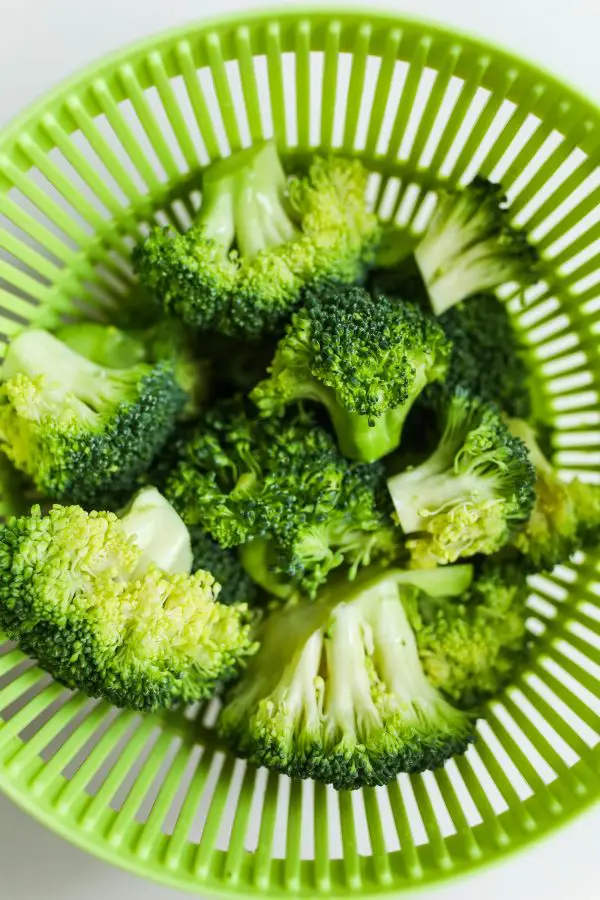
Firstly, broccoli is a green vegetable, which is generally beneficial for GERD due to its alkaline nature. This means it can help neutralize stomach acid and reduce the likelihood of acid reflux. Plus, broccoli is rich in vitamin C, which is an antioxidant that can help soothe inflammation in the digestive tract. This inflammation can exacerbate GERD symptoms, so the anti-inflammatory properties of broccoli can provide relief.
Furthermore, the fiber in it helps keep the digestive system regular, reducing the risk of constipation, which can contribute to GERD symptoms.
7. Carrots
Carrots are a fantastic addition to a diet for managing GERD, thanks to their unique properties. They have a pH level of around 5-6, making them less acidic compared to many other foods that commonly trigger acid reflux. This low acidity makes them gentle on your stomach and esophagus.
They are packed with water which is another beneficial factor. A medium-sized carrot contains about 3 grams of fiber, which can help absorb excess stomach acid and soothe inflammation in the digestive tract. Carrots are incredibly versatile and can be enjoyed in many different ways, whether raw in salads, cooked in soups and stews, or even as a healthy snack.
8. Green Beans
These humble veggies are remarkably low in acidity, with a pH that hovers around a soothing 6-7. Likewise, they are virtually fat-free, a crucial factor in reflux management. High-fat foods tend to relax the lower esophageal sphincter, the muscle that acts as a barrier to prevent stomach contents from flowing back up. By avoiding this relaxation, green beans help keep that barrier firmly in place.
Like other mentioned foods, green beans are also a reliable source of fiber. And a green, leafy member of the plant kingdom, green beans possess an inherent alkalinity that can help neutralize the acidity that fuels reflux.
9. Nuts And Seeds
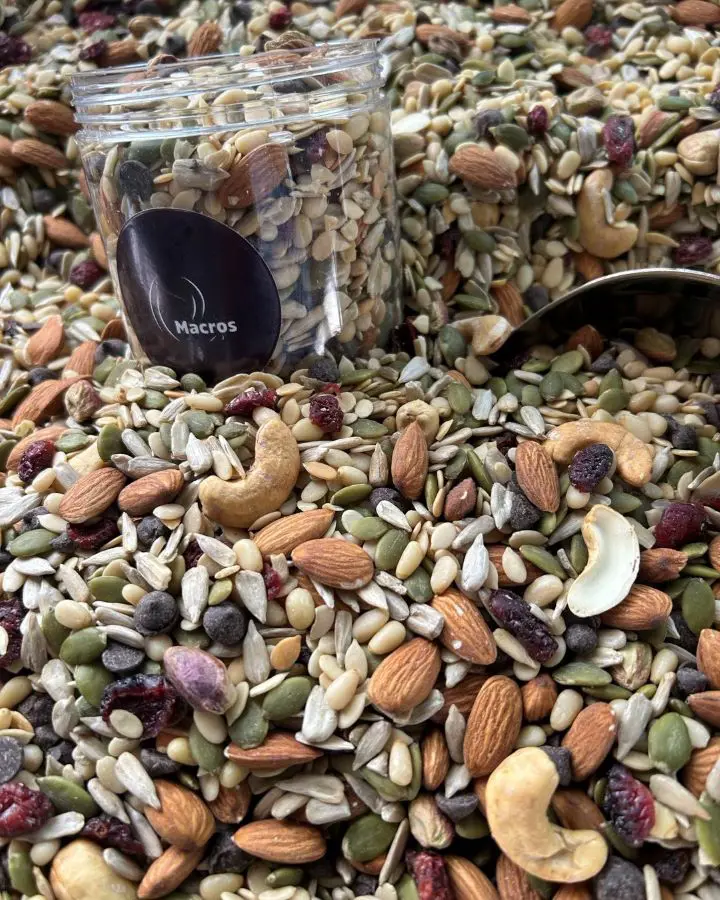
The unsaturated fats in nuts and seeds can help reduce inflammation and promote better digestion. Additionally, the fiber content in nuts and seeds can help regulate bowel movements and prevent the buildup of stomach acid that can lead to reflux.
As long as they are consumed in moderation and not fried or salted, nuts and seeds can be a beneficial addition to a GERD-friendly diet by providing essential nutrients without triggering acid reflux.
10. Olive Oil
While many oils can actually worsen GERD symptoms, olive oil stands out as a more reflux-friendly option. This oil is lighter and has less fat compared to heavy, fatty oils. This makes it less likely to cause acid reflux and heartburn. The lower acidity in this beneficial oil won't irritate your esophagus as much as other cooking oils.
So, when you're whipping up a GERD-friendly meal, reach for the olive oil. Whether you're sauteing veggies, drizzling it over salads, or using it as a marinade, this versatile ingredient can help soothe your symptoms. Just be sure to use it in moderation, as even healthy fats can cause issues if consumed in excess.
11. Avocados
As other foods are discussed avocados are also low in acidity, which helps to prevent the backflow of stomach acid into the esophagus that causes heartburn and other reflux symptoms.
Besides that, they are high in healthy monounsaturated fats that can help soothe the esophageal lining and are also a good source of fiber, which can improve digestion and reduce the likelihood of reflux. For these reasons, avocados are often recommended as part of a GERD-friendly diet to help manage and reduce acid reflux symptoms.
12. Brown Rice
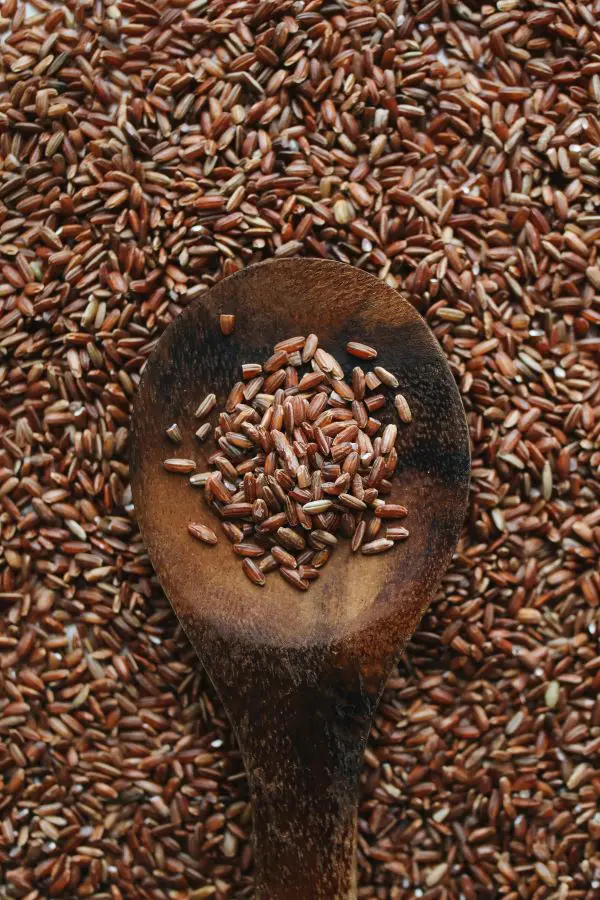
This whole grain is a powerhouse of fiber, the fiber helps regulate your bowel movements, preventing constipation and diarrhea, which can deepen acid reflux symptoms. Plus, the fiber keeps you feeling full for longer, making it less likely that you'll overindulge in trigger foods that can cause reflux.
Also, they are a great source of B vitamins, which help turn food into energy. It even has magnesium, which relaxes the muscles in your digestive tract, reducing the chance of reflux.
Unlike spicy, acidic, or fried foods, it doesn't irritate your esophagus or cause reflux. It's so soothing that it's often recommended in the BRAT diet (bananas, rice, applesauce, and toast) to treat digestive problems like nausea and diarrhea.
13. Chicken
Unlike fatty meats, chicken doesn’t loosen the lower esophageal sphincter, the muscle that keeps stomach acid in place. This means less chance of acid flowing back into your esophagus and causing that uncomfortable burning sensation.
Being lean, chicken helps avoid that fiery feeling after eating. It’s also easy for your body to digest, which helps prevent the buildup of stomach acid that can lead to reflux. Moreover, chicken has a neutral pH, so it won’t irritate your sensitive esophagus, allowing you to enjoy your meal without the burn.
14. Fish
For several reasons, fish is considered a GERD-friendly food, such as cod, flounder, and salmon are low in fat, which is important for managing GERD. As we know, high-fat foods can relax the lower esophageal sphincter, allowing stomach acid to digest compared to other protein sources, which can help prevent the buildup of stomach acid that can lead to reflux.
Fish is also not an acidic food, unlike some other protein sources. For these reasons, fish is considered a good protein choice for individuals managing GERD or acid reflux, as long as it is prepared healthily, such as baking or grilling without added fats.
15. Turkey

Turkey is a lean protein source that is low in fat, which is primary for managing GERD. Likewise, they are relatively easy to digest compared to other protein sources, which can help prevent the buildup of stomach acid that can lead to reflux.
They are not acidic foods, unlike other protein sources such as red meat, because acidic foods can irritate the esophageal lining and exacerbate GERD symptoms.
In addition to its benefits, it provides beneficial nutrients like protein, B vitamins, and minerals without excessive fat or acidity that could worsen GERD.
16. Herbal Teas
Herbal teas like chamomile and licorice root tea can be incredibly soothing for the digestive system. These teas help reduce inflammation, which can alleviate discomfort and promote a healthier digestive tract. Chamomile tea, in particular, is known for its calming effects, which can also help reduce stress, a common trigger for digestive issues.
Licorice root tea has properties that protect the stomach lining. However, it's important to avoid peppermint tea if you suffer from acid reflux or GERD. While peppermint tea is often recommended for digestive issues, it can relax the lower esophageal sphincter, allowing stomach acid to flow back into the esophagus and worsening reflux symptoms.
So, stick to chamomile or licorice root tea for a more comfortable and soothing experience.
17. Ginger
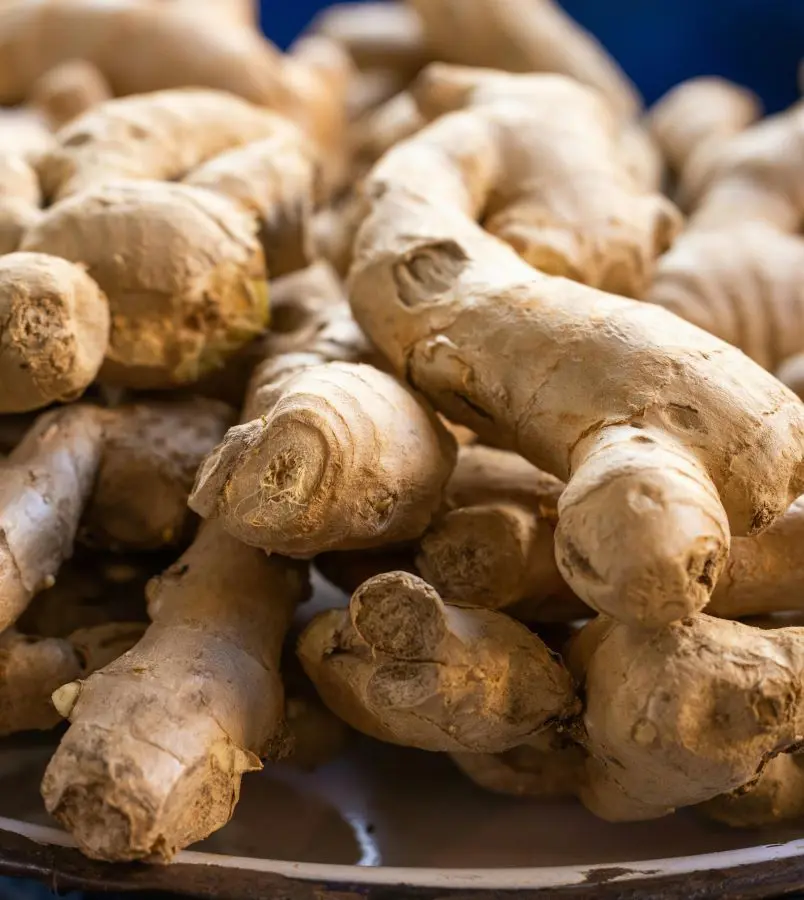
Ginger is well-known for its anti-inflammatory properties and can be a great natural remedy to soothe the stomach. You can incorporate fresh ginger into your meals by adding it to stir-fries, soups, or smoothies. Another great way to enjoy ginger is by making it into a tea.
Simply slice fresh ginger and steep it in hot water for a few minutes. Drinking ginger tea can be particularly helpful in reducing nausea and providing relief from digestive discomfort. Additionally, ginger can help prevent stomach acid from flowing back into the esophagus, which is a common issue for those who suffer from acid reflux.
Foods To Avoid With GERD
If you are strictly following a GERD diet, it is essential to avoid these foods that can trigger or worsen symptoms.
1. Citrus Fruits
Oranges, lemons, and grapefruits are highly acidic and can trigger reflux. Opt for less acidic fruits like bananas and melons instead.
2. Tomatoes and Tomato-Based Products
Tomatoes are naturally acidic and can exacerbate GERD symptoms. This includes tomato sauce, ketchup, and salsa. Try using alternatives like basil pesto or creamy sauces instead.
3. Caffeine and Carbonated Drinks
Caffeinated beverages like coffee and soda can relax the lower esophageal sphincter, leading to increased reflux. Switch to decaffeinated options or herbal teas.
4. Spicy Foods
Spices can irritate the esophagus and worsen symptoms. If you enjoy flavor in your food, try using herbs like basil, oregano, or thyme instead of hot spices.
5. Chocolate
Unfortunately, chocolate can trigger reflux due to its caffeine and fat content. Satisfy your sweet tooth with non-citrus fruits or a small amount of honey instead.
6. Fried and Fatty Foods
High-fat foods, for instance, fried items can slow down digestion and increase the likelihood of acid reflux. Go for grilled, baked, or steamed foods instead.
Tips For Managing GERD
Managing GERD involves making mindful food choices and adopting healthy eating habits. After learning about the foods to include and avoid, here are some tips to help you effectively manage your GERD diet.
1. Eat Smaller, More Frequent Meals
Large meals can put pressure on the lower esophageal sphincter, leading to reflux. Eating smaller meals more frequently can help manage symptoms.
2. Avoid Eating Before Bedtime
Try to avoid eating at least two to three hours before lying down. This allows your stomach to empty and reduces the risk of nighttime reflux.
3. Maintain a Healthy Weight
Excess weight can put pressure on your abdomen, pushing up your stomach and causing acid to back up into your esophagus. Maintaining a healthy weight can help alleviate symptoms.
4. Elevate the Head of Your Bed
Raising the head of your bed by six to eight inches can help prevent stomach acid from flowing back into the esophagus while you sleep. You can use a wedge pillow for this purpose.
5. Wear Loose-Fitting Clothes
Tight clothing, especially around the abdomen, can exacerbate reflux symptoms. Wear loose-fitting clothes to avoid unnecessary pressure on your stomach.
For your ease, here are the key points about symptoms that indicate you should start a GERD ( gastroesophageal reflux disease) diet:
- Heartburn that occurs more than once a week, becomes more severe, or occurs at night and wakes you from sleep may indicate GERD and warrants a visit to the doctor.
- The primary symptom of GERD is heartburn, ranging from a burning sensation in the chest to a feeling of food sticking in the throat. Other common symptoms include nausea after eating, hiccups, burping, wheezing, sore throat, changes in voice, and food regurgitation.
- Symptoms are often worse when lying down or at night. Elevating the head while sleeping and avoiding meals at least two hours before bedtime may provide relief in such cases.
Recent posts
Nutrition
Nutrition
Licorice Root: Benefits And Uses
You can spell it liquorice or licorice; this herb or root has been in use for centuries in most medicinal applications, as a natural sweetener and to enhance flavors. Regarding its origins, it comes from the root of the "Glycyrrhiza galbre" plant and...
Nutrition
Is Salmon Good For You? Nutritional Facts and Benefits
Salmon fish is a staple diet throughout the world, popular as a super food for its nutrients. Whether savored in sushi, poached, grilled, roasted, or pan-fried, salmon offers minerals and vitamins that contribute to healthy bodily functions. In addit...
Nutrition
25 Smoked Salmon Recipes That You Will Enjoy
Salmon is a silver-colored fish that is loaded with many nutrients, vitamins, and omega-3 fatty acids. Smoked Salmon is better for improving your health and reducing the risk of cancer, heart-related diseases, fights inflammation, reduces anxiety and...
Nutrition
Are Sausages Healthy? Nutrition And Health Benefits
Sausages are tasty in an addictive way, making them one of the most popular foods worldwide. You may have enjoyed this convenient food often, whether on a bun with mustard or grilled on a barbecue, the simple preparation methods are what makes its co...
Nutrition
20 Vegetables That Are Rich In Iron
Iron is essential for our bodies to function well. When we don't get enough iron, we often feel weak and tired. It's important to address iron deficiency early by eating the right foods. Fortunately, many vegetables are rich in iron and can help prev...
Nutrition
15 Cauliflower Nutrition Facts And Health Benefits
Cauliflower, a cruciferous vegetable, resembles a white variation of its relative, broccoli. Like broccoli, it has closely bunched florets attached to a thick core, often surrounded by a few leaves. While white is the most common color, cauliflower i...

